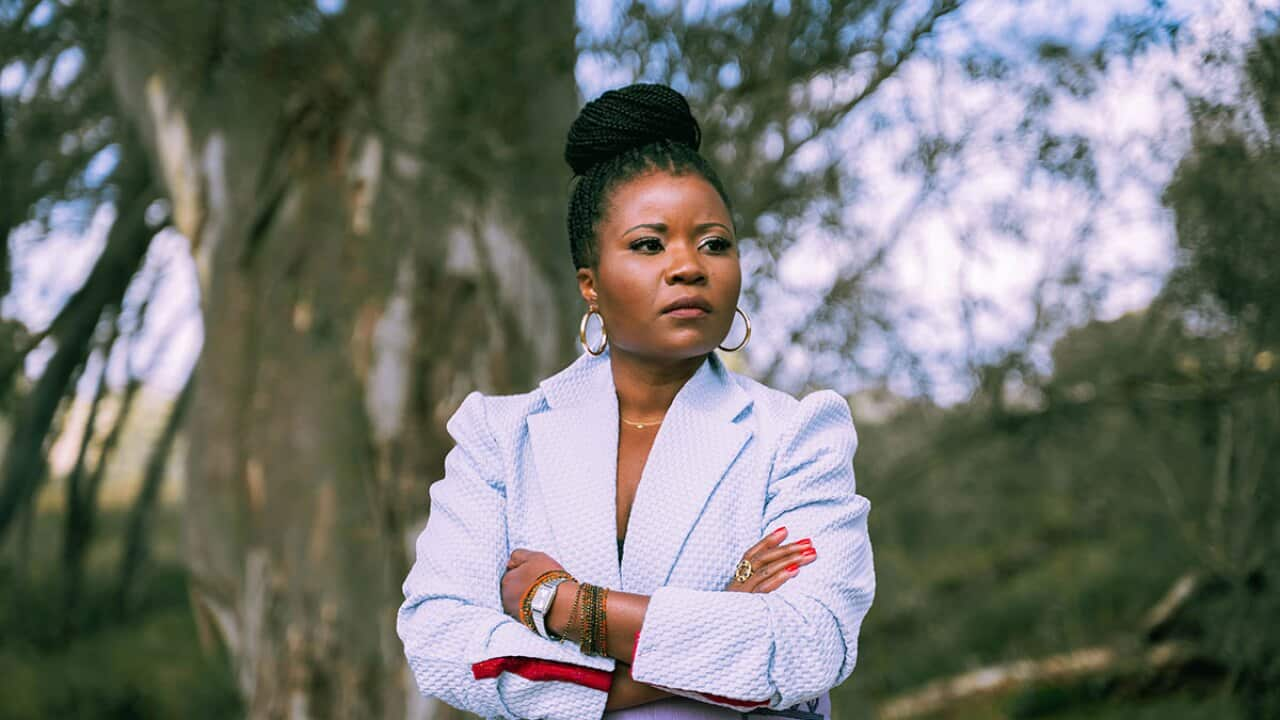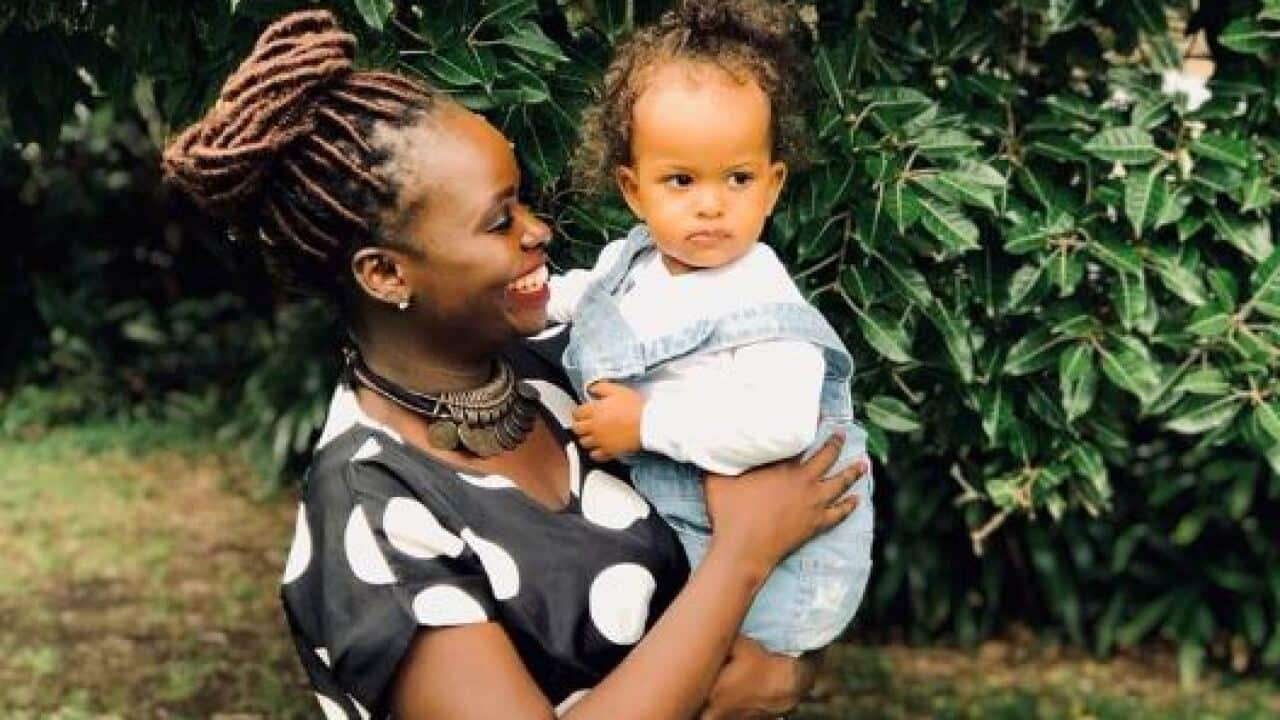OPINION
My first encounter with the stories of people of African descent in colonial Australia was in 2015, when I reported on the attempts by South African officials to repatriate the remains of a South African anti-colonial hero for SBS.
I discovered that David Stuurman, a Khoi leader, actively resisted British colonial expansion in South Africa, and to end his activities colonial authorities sentenced him to transportation in Australia in 1823. After serving his time, he never returned to his native South Africa, and his remains are believed to be buried under what today is Sydney’s Central Railway Station. I didn’t know then that the skills I picked up working on that story would become useful years later.
The fear of African crime, a popular anxiety that has built over years in Melbourne, reached its peak in January 2018 when politicians and commentators seized on high-profile incidents to claim that “African street gangs” were on the rise because certain nationalities – in this instance South Sudanese – were overrepresented in crime statistics. in this debate didn’t matter and seemed to have its own momentum.
I grew increasingly frustrated when suggested that Africans were failing to integrate. I have reported on Australia’s various African communities for over a decade and seen the negative portrayals of African Australians become an almost accepted narrative in public discourse. Many commentators have argued that the discrimination experienced by recent African migrants is similar to what other migrant groups that arrived ‘earlier’ endured; that African migration to Australia is regarded by many as a recent phenomenon following the abolition of the racist White Australia policy in the mid-1970s. But I knew that this was not a recent phenomenon. David Stuurman’s story had made that clear to me, and after hearing about other people of African descent that had arrived during the early colonial period, I felt compelled to find the evidence that proved without a doubt that people of African descent have as much ownership to their Australian identity as Australians with European ancestry.
I felt compelled to find the evidence that proved without a doubt that people of African descent have as much ownership to their Australian identity
The process of going through the archives is as much personal, as it is part of my job. I’ve long been fascinated by, and tried to make sense of, my African-Australian identity. Much of that has been shaped by dominant narratives that have sought to paint a negative picture of what it means to be African-Australian. As a journalist, I’ve always been driven by the truth, and that led me to the historical archives, where for the past four years, I’ve been uncovering the stories of people of African descent that were transported to Australia during the first few decades of the penal colony. As a Black African migrant to this country, my sense of belonging has always been questioned. The stories I discovered in the archive where life-changing for me on a personal level – for the first time, I didn’t feel like an outsider in the place I call home.
When I began researching people of African descent within the historical archive, I hoped that it would shed light on the untold stories of people of African descent, who for various reasons, had been erased from Australia’s colonial history. Our African Roots is in many ways raises the awareness about the complexities of colonised Australia’s foundation. The documentary unearths Australia’s forgotten African history and reveals the central role people of African ancestry have played in events that shaped our nation - from the First Fleet to the Eureka Rebellion and beyond.
Our African Roots is in many ways raises the awareness about the complexities of colonised Australia’s foundation.
An act of historical truth-telling, Our African Roots interrogates the myths of Australia’s white foundation narratives, colours in our nation’s history, and reveals modern Australia’s origin story to be a complex, multicultural and multiracial affair. The documentary highlights stories of individuals that we should know more about but don’t, and asks why these prominent figures in our national history have been erased.
It is my hope that this film is received through the spirit in which it was conceived — to have truthful conversations about our history. Focusing on these stories doesn’t erase others, if anything it reinforces the historical fact of this country’s modern origins – that they have always been multicultural and multiracial – and that these histories are not in opposition.
Santilla Chingaipe is a filmmaker, journalist, author and creator of documentary, Our African Roots.
Our African Roots premieres Sunday 17 October at 8:30pm on SBS as part of SBS’s Australia Uncovered documentary series.




